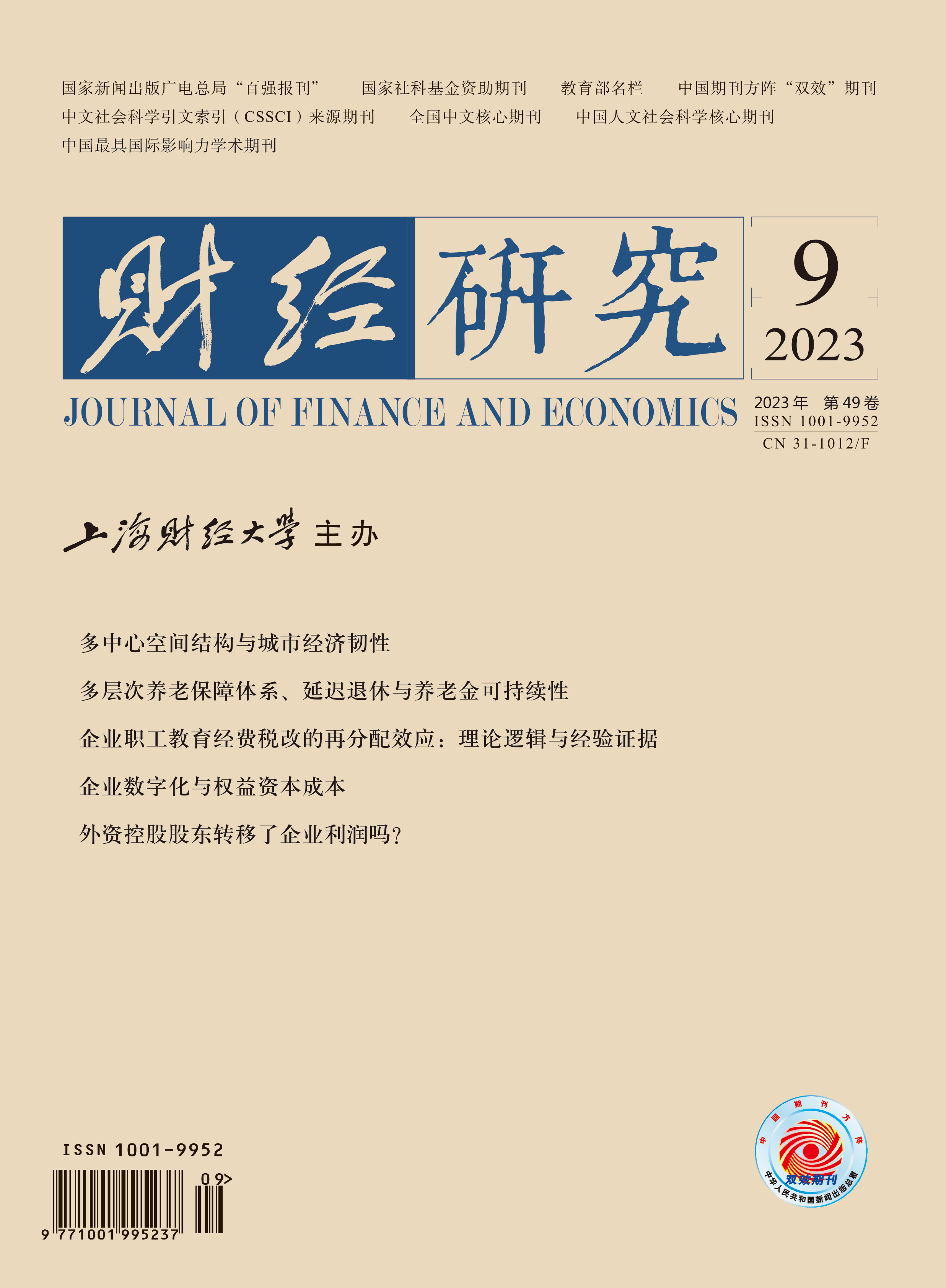Digital technological change has a profound and lasting impact on capital markets. In the early days, investors’ “crazy” for digital technology led to new economy enterprises, which take Internet applications as the main business, being blindly pursued by the capital market. However, due to the inability of most new economy enterprises to achieve profitability, the funds invested in these enterprises quickly “burned out”, leading to a stock price crash and gradually returning investors’ understanding of digital technology to rationality. At present, with the rapid development of the digital economy and the integration of digital technology into business practices, the advantages demonstrated by enterprises are becoming increasingly evident. Can enterprises use these advantages to obtain low-cost equity funds through the capital market?
Drawing on existing literature and using text analysis methods, this paper constructs the variables of corporate digitalization and empirically tests their impact on the cost of equity capital. The results show that, corporate digitalization reduces the cost of equity capital mainly through its role in reducing the infor- mation risk and governance risk faced by investors, rather than operating risk. This is reflected in the improvement of the information environment in the capital market and the improvement of corporate governance level after corporate digitalization, resulting in a decrease in agency costs, both of which could reduce the risks borne by investors, and the cost of equity capital they require enterprises to pay will be adjusted downward accordingly. Further research finds that: (1) Among different types of corporate digitalization, the relatively basic “bottom technology application” has become more common in business practice, and it plays a more significant positive role in reducing the cost of equity capital; while the “practical technology application”, which is more complex and difficult to implement, is still being explored, and its impact on the cost of equity capital is not significant. (2) With the accumulation of experience in corporate digitalization, its effect on reducing the cost of equity capital will become more obvious.
The contributions are as follows: First, unlike previous literature focusing on how the application of digital technology affects the liquidity, stability, and information content of corporate stocks, this paper examines the impact of corporate digitalization on its capital market financing more directly from the perspective of financing costs. Second, this paper enriches the literature on the cost of equity capital and provides new ideas for reducing capital costs in the real economy. In the digital age, taking more use of digital technology in business practice, so as to improve the information environment of the capital market and optimize corporate governance, is an effective way for entity enterprises to obtain low-cost equity funds.





 5746
5746  4725
4725

